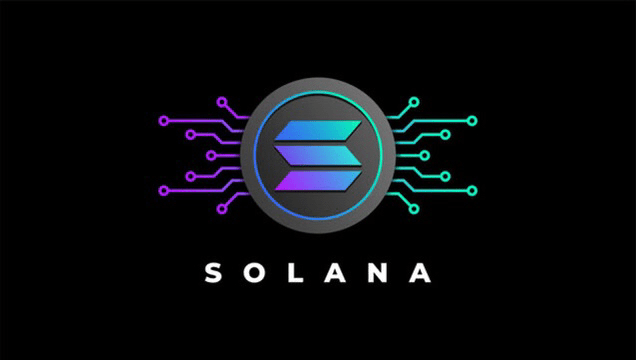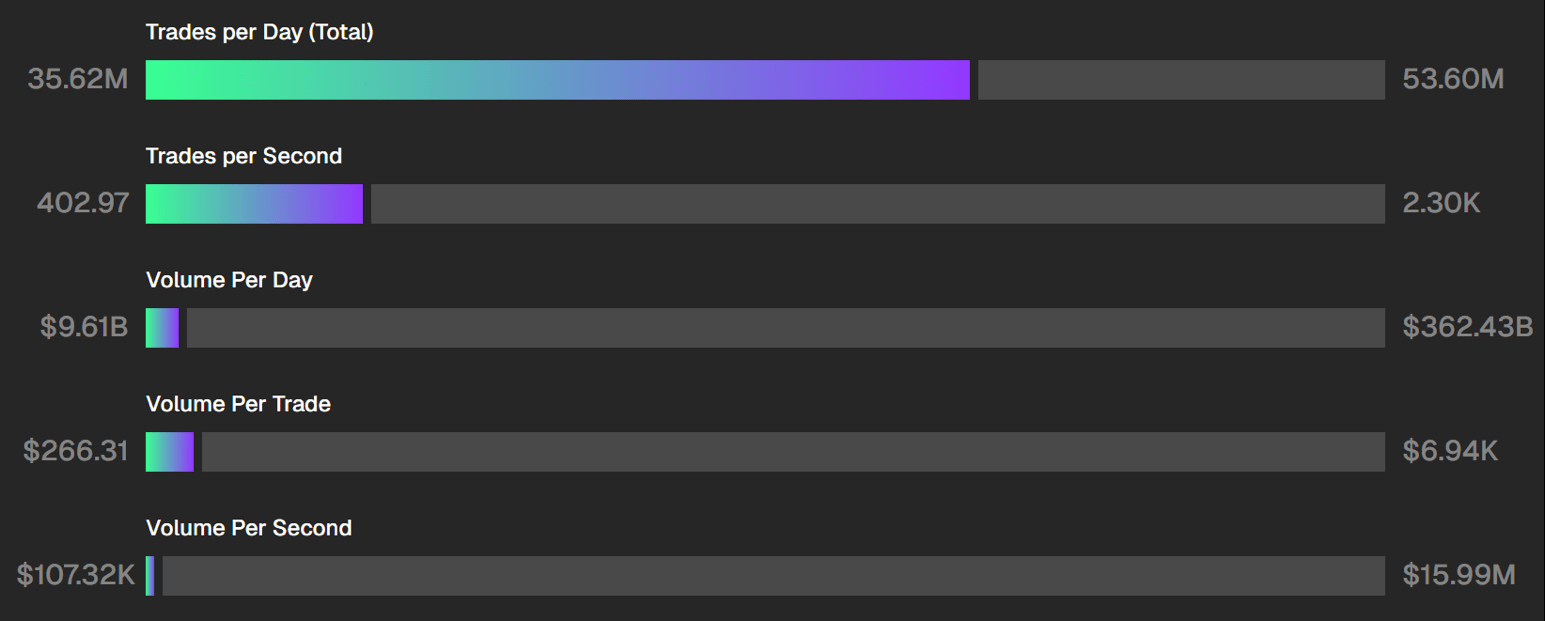
Solana reviews a new governance proposal that would introduce the Alpenglow consensus protocol to significantly reduce block finality times.
The proposed upgrade aims to address congestion, improve validator incentives, and enhance Solana's capacity to handle increased transaction volumes.
Solana's transaction activity has surpassed most regional exchanges and positions the network to challenge Nasdaq's scale in the future.
The Solana network has put forward a new governance proposal, SIMD-0326, which introduces the Alpenglow consensus protocol to accelerate block finality.
This initiative comes with rising transaction volumes on Solana, positioning the network at the forefront of most major regional exchanges.
Solana governance votes on Alpenglow for faster finality
According to the proposal, Alpenglow aims to replace the current $SOL system, which relies on proof of history with TowerBFT.
The upgrade proposes Votor, a simplified voting protocol that can finalize blocks in one or two rounds depending on network conditions. The developers behind the proposal refer to limitations in TowerBFT, including long confirmation times and gaps in formal security guarantees.
Alpenglow is expected to reduce block finality from 12.8 seconds to 100–150 milliseconds and reduce network congestion by eliminating redundant messages.
Ray Hadi, a blockchain analyst at Ark Invest, stated that "the incentives for Solana validators are currently uneven: all validators do the same work, but leadership (and rewards) scale with stake. Alpenglow fixes this - now validators do work proportional to their stake, linking cost to reward."
The plan is now in the community governance phase. The proposal is set to be voted on between intervals 840 and 420.
The protocol upgrade will advance if it receives two-thirds of the supportive votes. This will be a significant step in the evolution of the Solana network and addressing long-standing performance bottlenecks.
Solana wants to surpass Nasdaq
This development comes as $SOL recently hit a major milestone by processing 35 million transactions. This exceeds the combined daily volume of most major regional exchanges.
For context, the Tokyo Stock Exchange averages 5 million trades daily, NSE sees 3 million, Hong Kong Stock Exchange sees 2.5 million, Shenzhen 1.7 million, Shanghai 1.5 million, Toronto 1.2 million, and London 600,000.
Now the network is looking to the U.S. Nasdaq, which continues to outperform Solana in both frequency and trading volume.
Nasdaq executes about 2,290 trades per second, while Solana averages 402. In terms of daily trading value, Nasdaq reaches $362.43 billion compared to $9.61 billion for Solana.

Key trading volume metrics for Solana and Nasdaq.
Despite the gap, Solana remains confident in its roadmap and aims to match Nasdaq's volume through ongoing network enhancements and expanding influence in capital markets.
Market observers believe that the combination of Alpenglow and its increasing adoption positions Solana to enhance its competitive edge among traditional financial infrastructures.